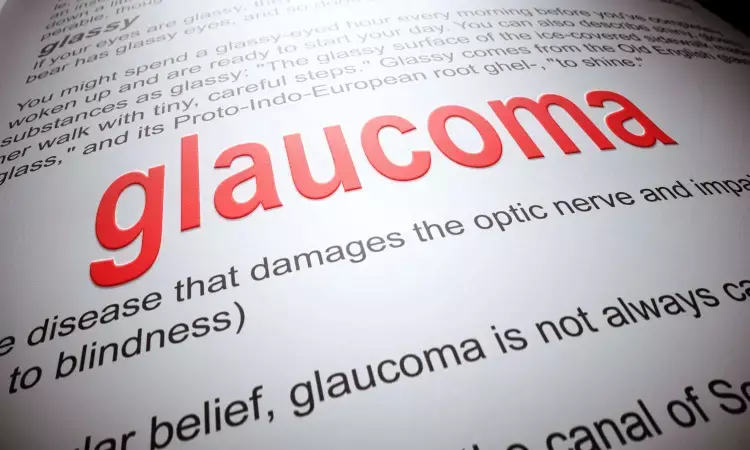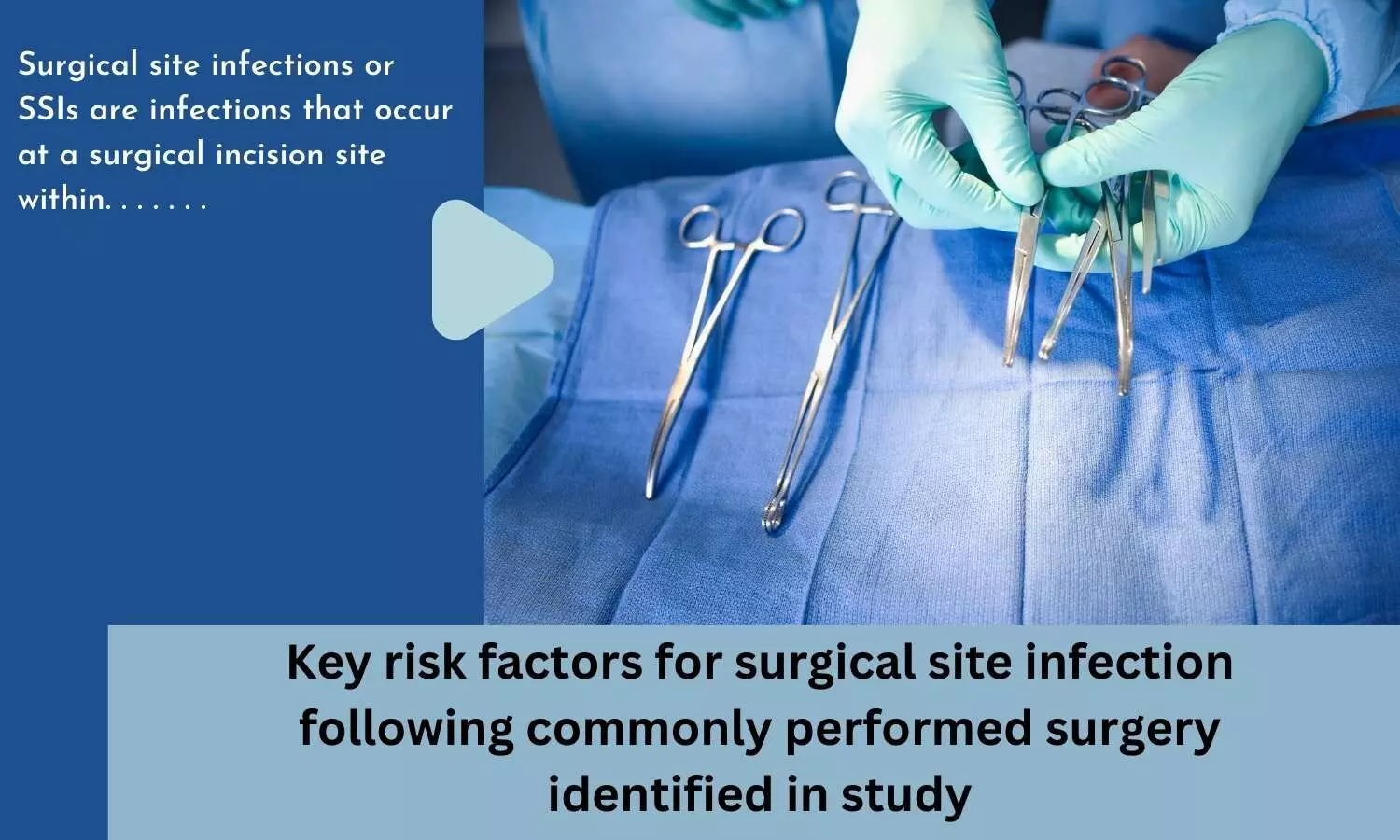- Home
- Medical news & Guidelines
- Anesthesiology
- Cardiology and CTVS
- Critical Care
- Dentistry
- Dermatology
- Diabetes and Endocrinology
- ENT
- Gastroenterology
- Medicine
- Nephrology
- Neurology
- Obstretics-Gynaecology
- Oncology
- Ophthalmology
- Orthopaedics
- Pediatrics-Neonatology
- Psychiatry
- Pulmonology
- Radiology
- Surgery
- Urology
- Laboratory Medicine
- Diet
- Nursing
- Paramedical
- Physiotherapy
- Health news
- Fact Check
- Bone Health Fact Check
- Brain Health Fact Check
- Cancer Related Fact Check
- Child Care Fact Check
- Dental and oral health fact check
- Diabetes and metabolic health fact check
- Diet and Nutrition Fact Check
- Eye and ENT Care Fact Check
- Fitness fact check
- Gut health fact check
- Heart health fact check
- Kidney health fact check
- Medical education fact check
- Men's health fact check
- Respiratory fact check
- Skin and hair care fact check
- Vaccine and Immunization fact check
- Women's health fact check
- AYUSH
- State News
- Andaman and Nicobar Islands
- Andhra Pradesh
- Arunachal Pradesh
- Assam
- Bihar
- Chandigarh
- Chattisgarh
- Dadra and Nagar Haveli
- Daman and Diu
- Delhi
- Goa
- Gujarat
- Haryana
- Himachal Pradesh
- Jammu & Kashmir
- Jharkhand
- Karnataka
- Kerala
- Ladakh
- Lakshadweep
- Madhya Pradesh
- Maharashtra
- Manipur
- Meghalaya
- Mizoram
- Nagaland
- Odisha
- Puducherry
- Punjab
- Rajasthan
- Sikkim
- Tamil Nadu
- Telangana
- Tripura
- Uttar Pradesh
- Uttrakhand
- West Bengal
- Medical Education
- Industry
Early add-on ibuprofen after trabeculectomy may reduce risk of bleb failure in high-risk patients

Singapore: A new study revealed that early use of oral Ibuprofen is safe as an adjunct to reduce intraocular pressure and the likelihood of bleb failure in individuals who have a high chance of post-trabeculectomy scarring and improve trabeculectomy survival. The study results were published in the Journal of Glaucoma.
The most popular and gold-standard incisional surgical procedure for glaucoma is trabeculectomy. It reduces intraocular pressure (IOP), which is a major modifiable risk factor. Long-term surgical success lies in wound healing as excessive inflammation causes scarring and eventual bleb failure. Past literature shows uncertain results on the effectiveness of NSAIDs in reducing bleb failure after trabeculectomy. Hence researchers conducted a study to evaluate the effectiveness of early adjunctive oral Ibuprofen for reducing intraocular pressure and bleb failure in eyes at high risk of failure, compared with eyes not administered ibuprofen.
A retrospective analysis was carried out on patients who had primary glaucoma and underwent trabeculectomy/phaco trabeculectomy at the Singapore National Eye Centre between April 2020 and April 2021. Nearly 288 eyes of 273 patients with a mean ± SD age of 68.56 ± 10.47 years and 32.60% females were enrolled in the study. They were followed up for a duration of≥1 year. Of the total, 77 (26.7%) eyes that were deemed to be at high risk of scarring were administered oral ibuprofen ≥3 months postoperatively (mean ± SD ibuprofen administration duration: 4.08 ± 2.28 wk). Participants’ IOPs at baseline and postoperative weeks 1, 2–3; and months 1, 2, 3, 6, and 12 were recorded. Bleb failure was considered when 2 consecutive IOP readings of >21, >18, and >15 mm Hg were recorded, and/or required remedial postoperative laser or surgery.
Key findings:
- The ibuprofen group experienced significantly greater postoperative IOP reductions at week 1 [95%CI: −2.89 mm Hg] and month 1 [−2.29 mm Hg].
- There were significantly lower odds of bleb failure at the >18 mm Hg [95% CI: 0.39] and >15 mm Hg [0.52] thresholds, compared with the non-ibuprofen group.
- There were no observable differences in adverse ocular hypotony events.
Thus, the use of adjunctive oral ibuprofen in patients at high risk of early bleb failure post trabeculectomy resulted in greater levels of IOP reduction and a reduced likelihood of experiencing bleb failure up to a year.
Further reading: Sim JJL, Man REK, Foo RCM, et al. Oral Ibuprofen is Associated With Reduced Likelihood of Early Bleb Failure After Trabeculectomy in High-Risk Glaucoma Patients. J Glaucoma. 2023;32(4):237-244. doi:10.1097/IJG.0000000000002188
BDS, MDS
Dr.Niharika Harsha B (BDS,MDS) completed her BDS from Govt Dental College, Hyderabad and MDS from Dr.NTR University of health sciences(Now Kaloji Rao University). She has 4 years of private dental practice and worked for 2 years as Consultant Oral Radiologist at a Dental Imaging Centre in Hyderabad. She worked as Research Assistant and scientific writer in the development of Oral Anti cancer screening device with her seniors. She has a deep intriguing wish in writing highly engaging, captivating and informative medical content for a wider audience. She can be contacted at editorial@medicaldialogues.in.
Dr Kamal Kant Kohli-MBBS, DTCD- a chest specialist with more than 30 years of practice and a flair for writing clinical articles, Dr Kamal Kant Kohli joined Medical Dialogues as a Chief Editor of Medical News. Besides writing articles, as an editor, he proofreads and verifies all the medical content published on Medical Dialogues including those coming from journals, studies,medical conferences,guidelines etc. Email: drkohli@medicaldialogues.in. Contact no. 011-43720751




